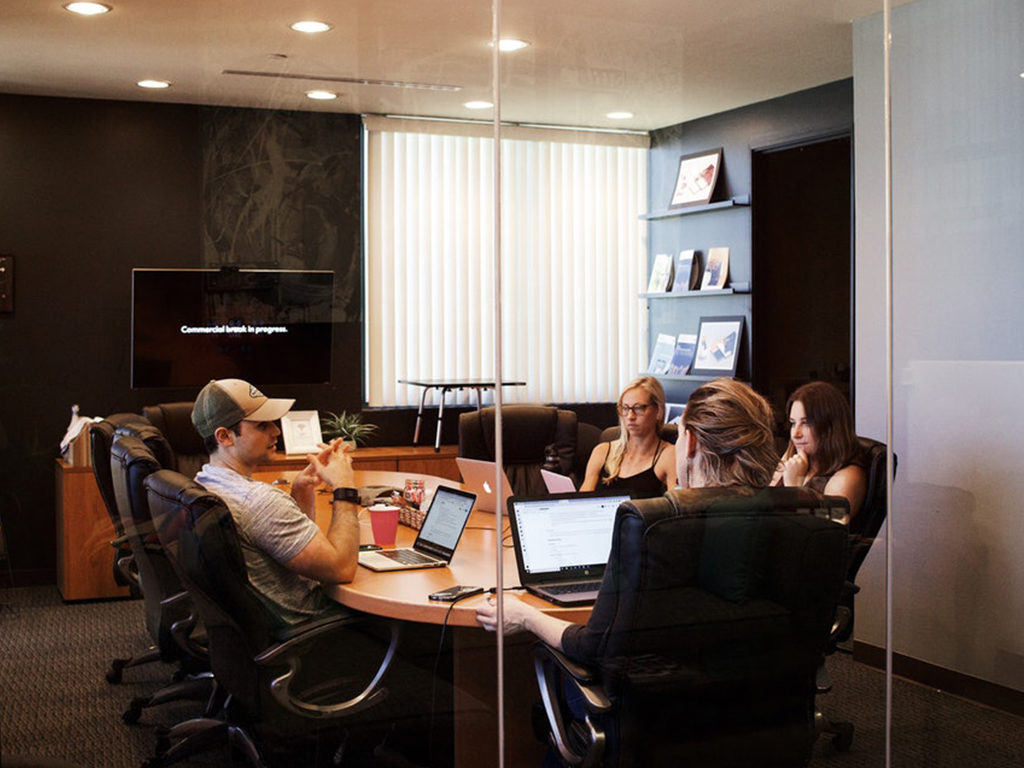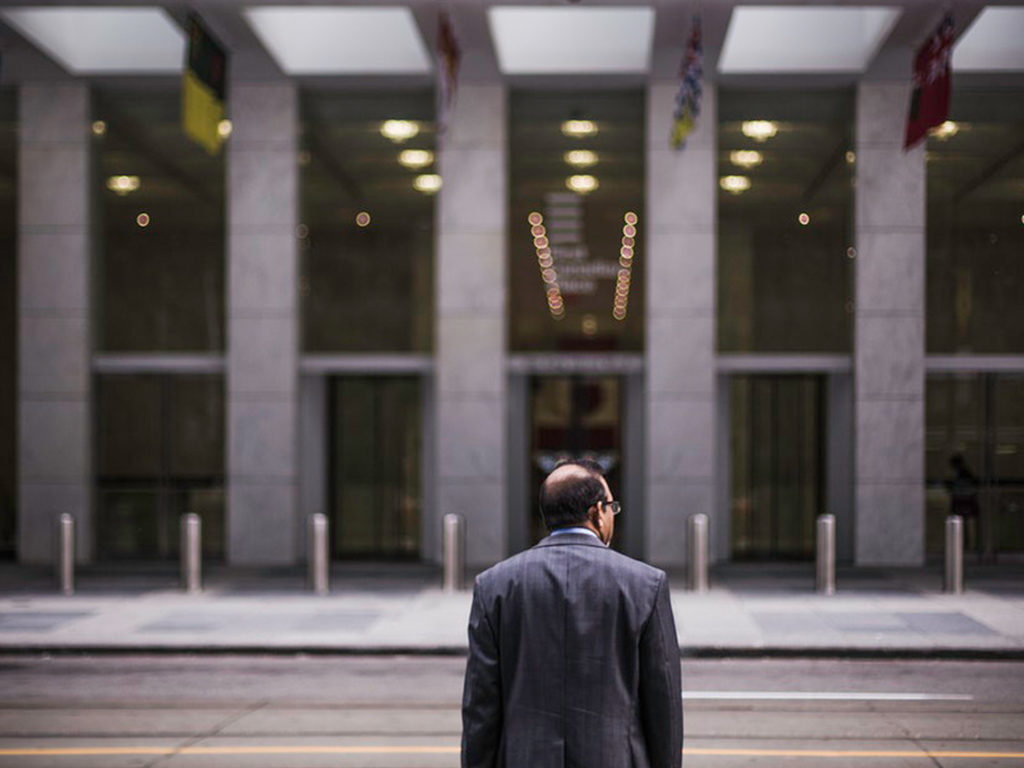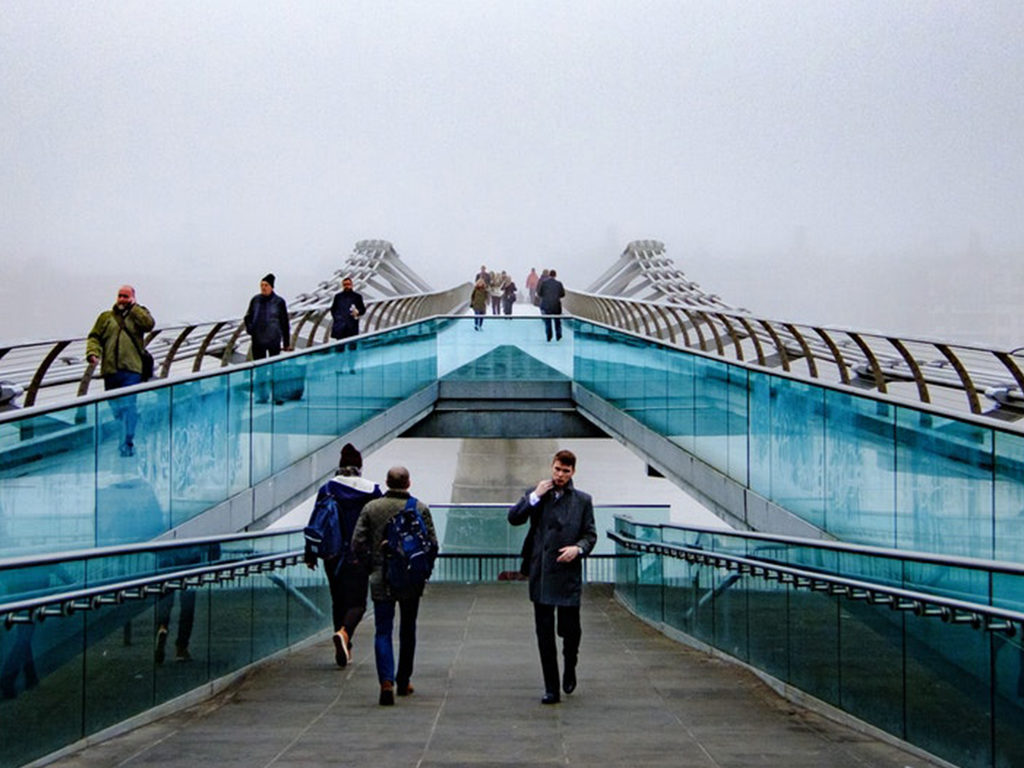The slightest mistake during the job application and interview process can take you out of consideration. Here’s a list of the most common job interview mistakes most people make. But don’t worry; we’ll also tell you what you should do instead…
WRONG: Make It All About You

The interviewer wants to know a little about you, not your whole life story. Sure, you’re supposed to “pitch yourself.” But if you’re not careful, you can come off like you’re too full of yourself. So how do you promote yourself without seeming arrogant and self-absorbed?
RIGHT: Make It About the Company

Talk about your yourself, but let the interviewer know you’ve done your homework too. Do a little digging before the interview. Make sure they know you’re familiar with their company. And frame your accomplishments in the context of the company’s needs. Focus on explaining why this job and your abilities would be a perfect match. The interviewer is mostly interested in knowing what you’ll be able to bring to the table if they hire you.
WRONG: Act Like You Know Everything Already

Nobody likes a showoff. Your interviewer wants to you to know what you’re doing, but they also want you to be able to adapt to their company, grow in your role. If you act like a know-it-all, your arrogance will only make you seem like you won’t be willing to learn something knew, or that you’ll tell other people how to do their jobs.
RIGHT: Praise Your Mentors

You’re not perfect and no one expects you to be. Let your interviewer know you wouldn’t be the person you are today if it weren’t for those who’ve guided you through your career. Acknowledge the people who helped you get to where you are, whether it’s your mentors or your coworkers. That way, you can present your personal accomplishments while looking like a grateful team player.
WRONG: Avoid Eye Contact

There are a lot of dumb job interview mistakes, but not making eye contact is one of the most common ones. It makes you appear meed at best and deceitful at worst. Neither look is good if you want someone to hire you.
RIGHT: Make Confident Eye Contact

The simplest way to make a good impression is to look your interviewer in the eye. Don’t be a creep and stare at them unblinking, but establish that basic human connection that shows your confidence. It may be awkward if you’re a bit timid, but try it. You’ll be glad you did when you get that callback.
WRONG: Wing It

Confidence is nice in a job interview, but you should still prepare. Know ahead of time what you’re going to say and how you’re going to say it. Research the company and the position so you can speak intelligently about them. If you think you can just go in there without thinking things through, you’re going to wind up saying “uh” quite a bit, and they’ll think you’re stupid.
RIGHT: Practice the Interview

When you interview, you’re basically pitching yourself to the company. It’s a performance, so do what performers do: rehearse. Grab a friend or stand in front of a mirror and practice what you’re going to say. That way you’ll nail every question like a boss during the real interview.
WRONG: Show Up Late

Interviewers know that life happens, but it’s not their job to care. If you show up late to an interview, you’ll come off like you didn’t plan ahead beforehand, or you don’t take the job opportunity seriously, or you can’t manage your time effectively.
RIGHT: Plan Ahead

Anticipate every possible scenario. There might be a traffic jam, so leave the house an hour earlier. You might not know how to get to the place, so get directions online and visit the place the day before the interview. You could even arrive an hour earlier and go for coffee at a place nearby just to make sure you’ll be there on time.
WRONG: Arrive Too Early

Arriving late for an interview is a major faux pas. But arriving too early isn’t good either. It makes it seem like you’re extremely needy and have nothing else going on in your life. Plus, you’ll just end up sitting around in the waiting area forever, creeping out the receptionist. You creep. God, why are you so creepy?
RIGHT: Arrive 10 Minutes Early

Maybe you left the house a little early because you didn’t want to be late. That’s good. But if you’re way too early for your interview, chill in your car or have a latte at Starbucks until 10 minutes before your appointment. You don’t want to look desperate for the job (especially if you are).
WRONG: Dress Casually

We know, we know: It’s wrong to judge people on their appearance. But that’s your tough luck, because everyone does it anyway. Including, and especially, the people interviewing you for a job. So don’t show up to their workplace dressed like a beach bum when you’re trying to convince them to give you money to keep coming back every day.
RIGHT: Dress Appropriately

You don’t want to be dressed too casually for a job interview. But guess what: Overdressing is just as bad. If you wear a suit and tie to an interview for a job working on an oil rig, you’ll look either clueless or totally insane. Find out what the dress culture is for the company, and dress one level above that. If it’s a T-shirt-and-jeans startup environment, wear a button-up shirt and slacks, but leave the suit and maybe even the tie at home. If they’re business casual, break out your suit for the interview.
WRONG: Speak Only in Cliches

When an interviewer asks you about your strengths and weaknesses, don’t give trite, tired answers like “I’m a team player” or “I’m a total workaholic.” Canned responses say nothing about you, and they will get you nowhere, especially if your competition is stiff. If you come off too scripted and robotic, you’ll look unprepared, boring, unintelligent or all of the above.
RIGHT: Have a Personality

A job interview is like a first date. Your resume was your Tinder profile, and someone thought it was enticing enough that they wanted to meet you. Now you both need to find out if you’re a match for each other. Answer your interviewer’s questions honestly and professionally, but also show them you have a good personality. They want to like you. And just like on a first date, you should ask as many questions as you answer, not just to show them your interest, but to find out whether you think it’s a good match. Remember: You’re interviewing them too.
WRONG: Lie

A lot of people are guilty of embellishment, especially when it comes to our resumes. But remember that it takes work to keep up a lie. You’ll probably slip up at some point, and the interviewer will probably notice. The bigger the lie, the greater the damage to your professional reputation. And even if you manage to fool them and get hired, they’ll fire your ass down the line the second they find out that you falsified your resume or lied in your interview.
RIGHT: Tell the Truth

Duh. Just be honest. If you’re not an seasoned expert in a certain coding language yet, for example, tell the software engineer who’s interviewing you about the Python class you’re taking. Let them know you plan to finish the course whether they hire you or not, because you’re genuinely interested in it. Most smart hiring managers will appreciate a demonstrated willingness to learn over a dubious list of qualifications on a piece of paper.
WRONG: Give Long, Boring Answers to Questions

One of the most common job interview mistakes you can make is to bore the living daylights out of your interviewer. While you’ll need to offer better and more detailed answers than monosyllabic yesses and nos, talking too much or oversharing is just as bad, or worse.
RIGHT: Be Engaging but Direct

Some interview questions will be simple and direct. Reply to them with answers that are equally to the point. If your interviewer wants you to elaborate on something, they’ll ask you follow-up questions. So make sure to answer the question being asked (you’ll be surprised how often job candidates fail to do that), stay candid, and keep things short and sweet.
WRONG: Be Coldly Professional

Although you’re probably perfect for the job, you didn’t make enough of an effort to get on the interviewers’ good side. So now, he or she doesn’t feel like they got to know you, which means they probably don’t like you that much. So how do you fix that?
RIGHT: Connect With the Interviewer

You can’t force someone to like you, of course, but you can always do your best to connect with them. Remember that interviewers will be looking to see if you’re easily manageable and can fit in with the team. Again, relax and be yourself. Be goofy, candid, and don’t be afraid to talk to your interviewer as if they were just a regular person. Just make sure to stay respectful and professional.
WRONG: Argue With the Interviewer

We all have different points of views, but you went and got yourself into an argument with the interviewer to prove that you were right. Maybe you were, but you hurt their feelings and your application will more than likely go in the trash bin.
RIGHT: Find Common Ground

Remember that you need to build a rapport with the interviewer and maintain it. But you can’t do that if you correct them. They might be wrong, but they don’t want to know that. So just smile pleasantly, and you might have a chance at landing that job. After all, you’re not there to educate anyone.
WRONG: Vilify Your Past Employers

The interviewer asked you why you left your last job, and you decided it was the perfect opportunity to drag your past employer through the mud. We know we said you should be honest, but not this much!
RIGHT: Be Diplomatic

If your current or previous employer put you through the wringer, find a way to deflect the question. You can also soft-pedal the truth. Say that your boss challenged you to do better all the time as opposed to saying he was a big old meany!